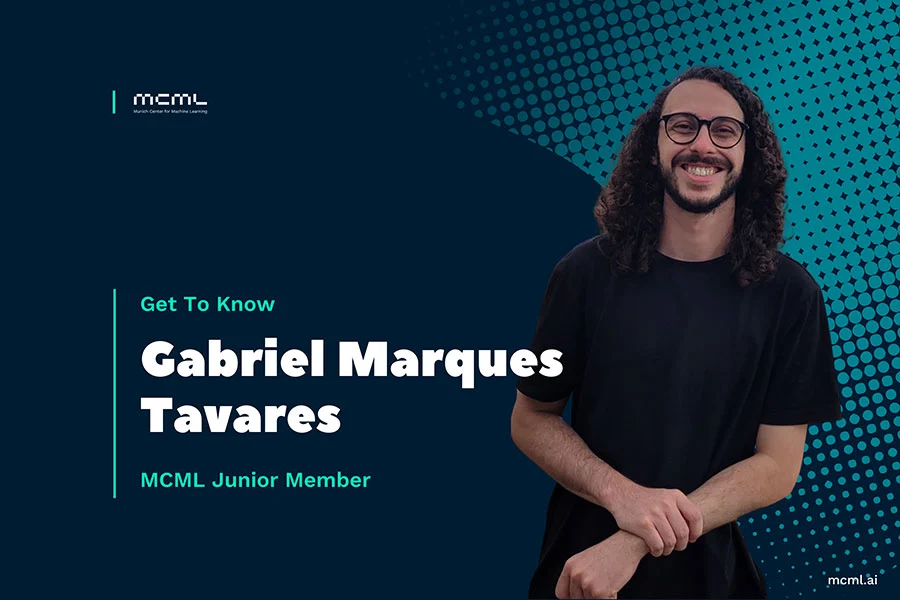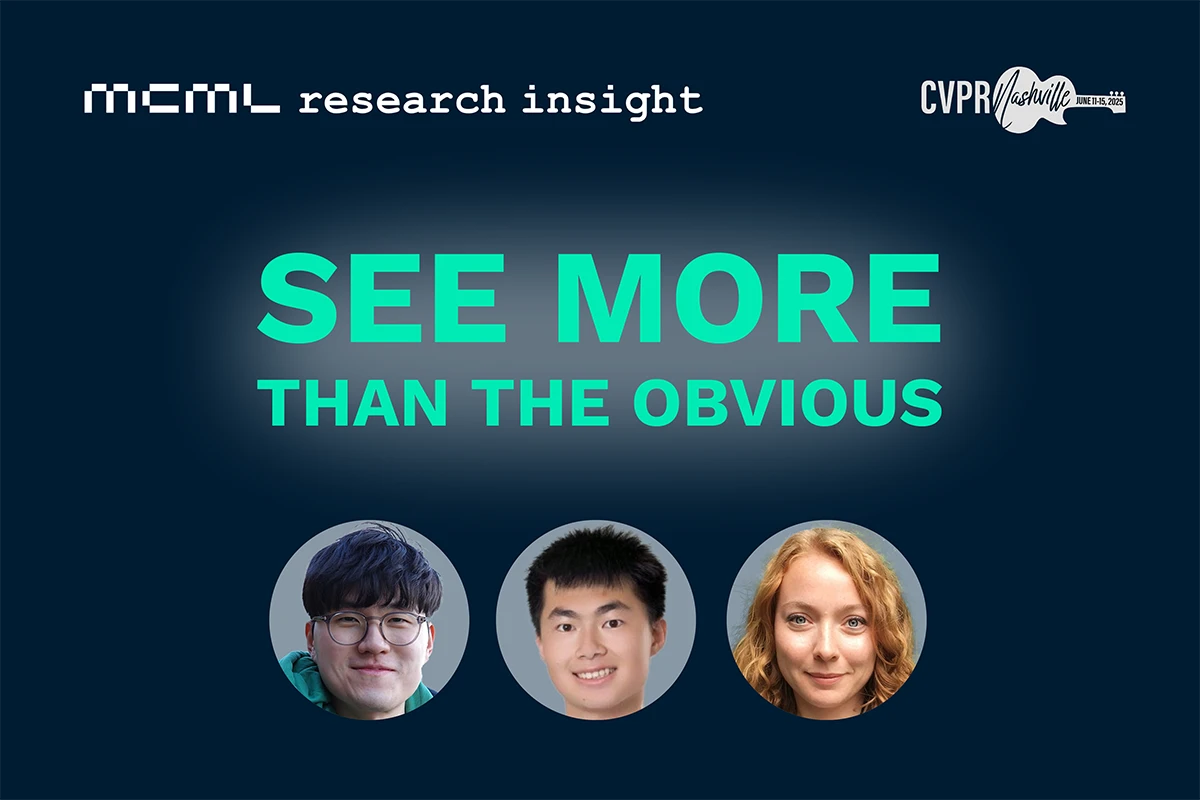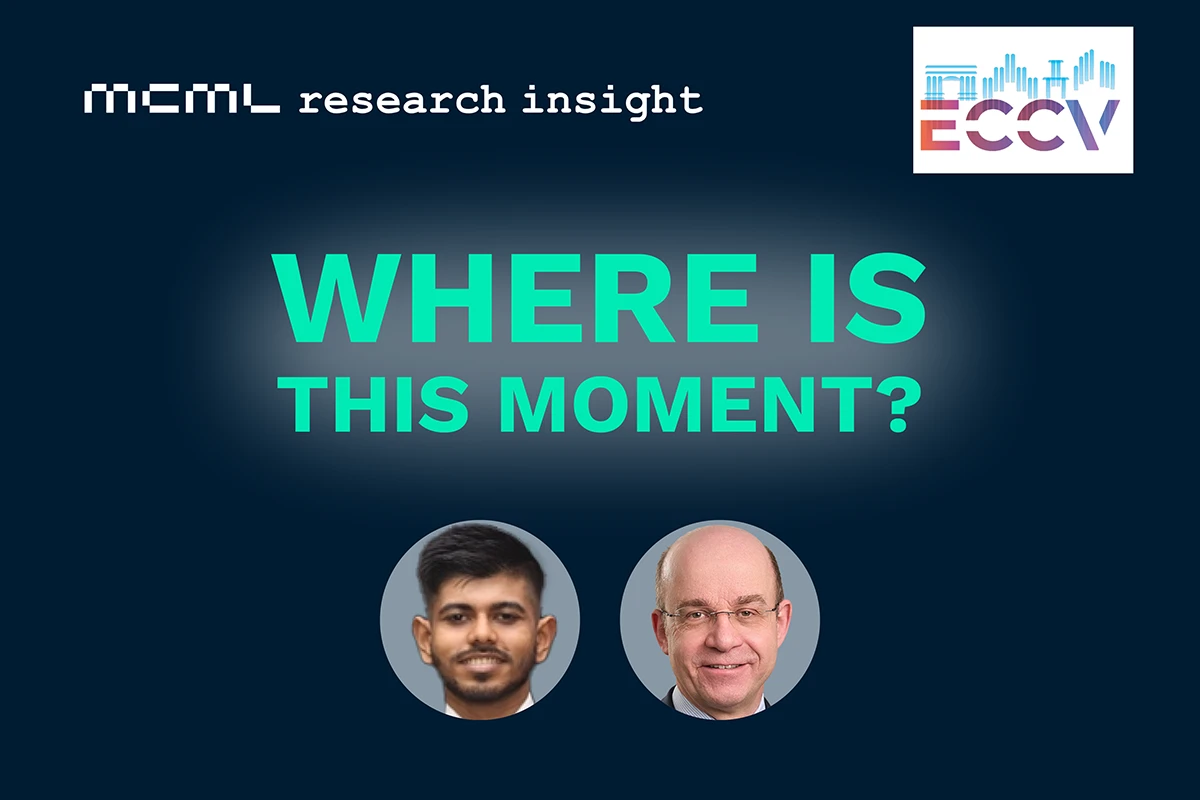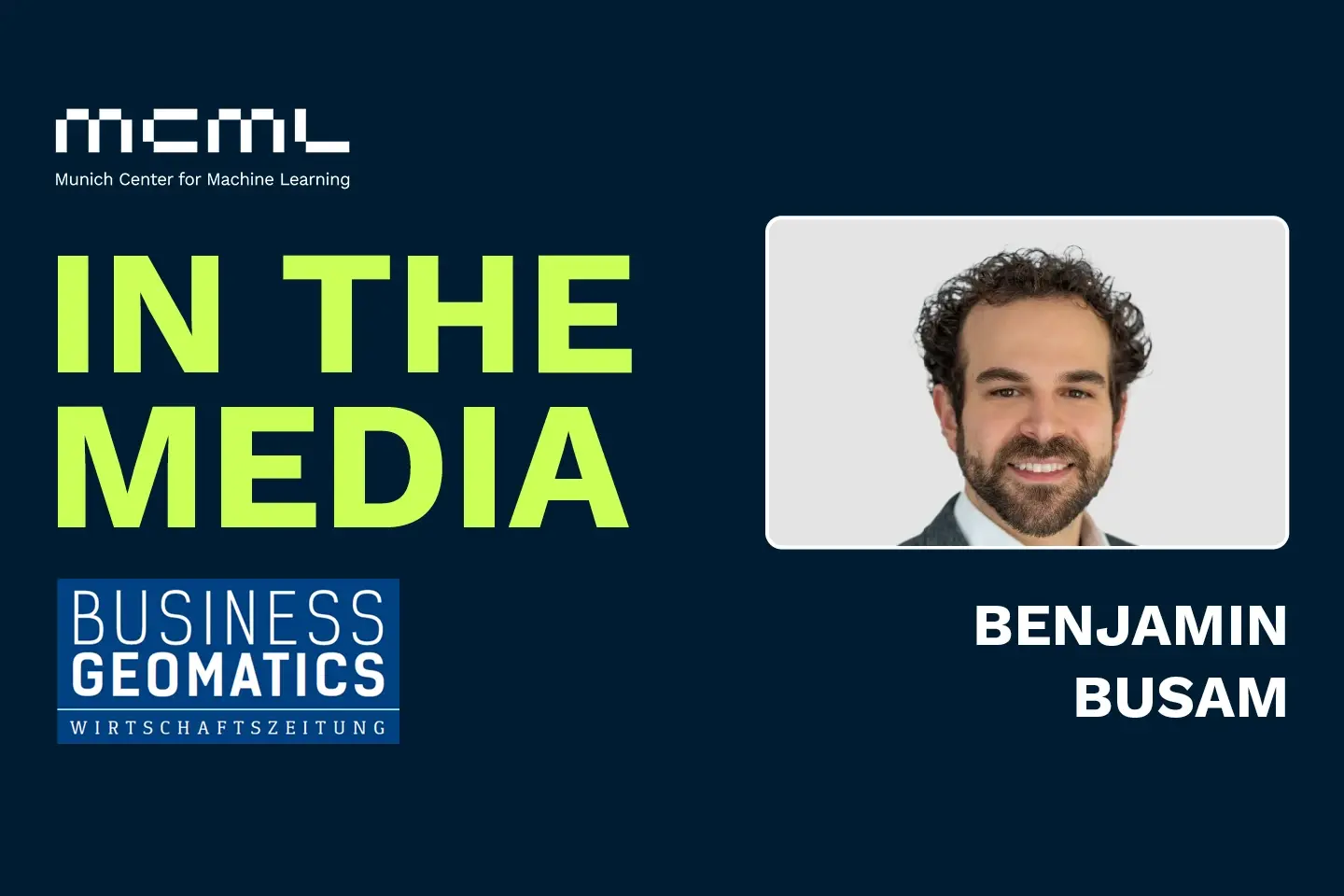06.02.2025

Improving Business Processes
Researcher in Focus: Gabriel Marques Tavares
MCML Junior Member Gabriel Marques Tavares has a PostDoc position at the chair of Database Systems and Data Mining of our Director Thomas Seidl. His research focus is in the field of Process Mining, which investigates the execution of business processes within organizations, aiming at improving their performance, saving resources and identifying bottlenecks.
What motivated you to pursue your PostDoc in Munich?
Choosing a career path after the PhD is a challenging task since one needs to go very deeply into a certain topic and once the Diploma is awarded, two main options might follow: Shape a profile for industry or continue in academia. Although the industry contains interesting positions and projects, my love for research always resonated higher in me. The PostDoc then seems like a natural path to further explore research topics. In the last months of my PhD, I was invited to give a talk about my research by the chair of Database Systems and Data Mining. This meeting led to many interesting discussions about research and future career paths, which culminated in an invitation for a PostDoc position in Munich.
What is your research about?
«In the past year, the topic of Automated Machine Learning (AutoML) for unsupervised problems has emerged in my research aims.»
Gabriel Marques Tavares
MCML Junior Member
I have been doing research in the field of Process Mining, which investigates the execution of business processes within organizations, aiming at improving their performance, saving resources and identifying bottlenecks. In many opportunities, I used meta-learning techniques (which translates to the process of learning to learn) to recommend suitable algorithms depending on data characteristics and tasks at hand. Meta-learning is a helpful approach when the aim is to choose an algorithm out of a poll of possibilities. For that, it captures data behavior and associates it with performance of candidate algorithms. The main challenge in this approach is to extract meaningful data features, that is, characterizing dataset behavior in a way that Machine Learning methods can grasp. In the past year, the topic of Automated Machine Learning (AutoML) for unsupervised problems has emerged in my research aims. AutoML assists users in configuring Machine Learning applications and pipelines without the need of expertise knowledge, fostering the access of Machine Learning solutions to a broader audience.
Are there specific industries where you believe process mining could have an immediate impact?
«Once humans have a better understanding about data, its characteristics and behavior, improved decisions can be made, leading to many benefits to society.»
Gabriel Marques Tavares
MCML Junior Member
As processes control and regulate organizations of any kind, Process Mining applications are extremely vast, ranging from healthcare, logistics, construction, and transport industry to the public sector. Each possible application area comes with its own challenges and particularities. The most common goal is to find ways to improve process execution by detecting bottlenecks, deviations of the main process path and predicting future behavior.
The vast amount of data produced and collected by all types of devices allow us to understand in-depth the processes that generate these data, further enabling actions by stakeholders and experts involved in these processes. Once humans have a better understanding about data, its characteristics and behavior, improved decisions can be made, leading to many benefits to society.
How do you envision the role of data mining and machine learning in shaping decision-making processes across industries, particularly in sectors like healthcare or finance where data sensitivity is crucial?
«Given the astounding amount of data recorded by information systems within organizations, data mining and machine learning play a crucial strategic role in today’s economy.»
Gabriel Marques Tavares
MCML Junior Member
Given the astounding amount of data recorded by information systems within organizations, data mining and machine learning play a crucial strategic role in today’s economy. Businesses and governments that are not data-centric tend to become obsolete at a fast pace. Understanding the characteristics of users, customers or patients is determinant in providing high-quality services or products.
Some sectors are more sensitive when it comes to data privacy, which calls for the development of specific solutions that consider such constraints. On the one hand, regulations define what general guidelines should be followed. On the other hand, most sectors cannot openly make their data available due to competitiveness disadvantages. Therefore, properly treating sensitive data and tailoring methods that have built-in knowledge is more important than ever. In this sense, machine learning has still a lot of room for improvement and research in the area has been quite active. With an appropriate anonymization of sensitive data, stakeholders are able to draw more relevant insights, which leads to better execution of internal processes.
In closing, what do you do when you are not engaged in research?
Munich and Europe foster a quite diverse and interesting cultural movement, therefore, exploring the range of possibilities is definitely of my desire. The richness of historical background allows me to understand societal developments over time. Therefore, traveling and getting in touch with history is one of my preferred activities. Other than that, I appreciate how the balance between work and leisure time is posed here, especially with a focus on healthy activities. In this sense, I started my journey as a runner and had the pleasure to run my first marathon ever here in Munich, which was an unforgettable experience.
Gabriel Tavares Marques is originally from the south of Brazil, from a small town called Arapongas. Before coming to Munich, he pursued his PhD in Italy at the Università degli Studi di Milano. Since 2023 he has been a PostDoc at the Chair of Database Systems and Data Mining at LMU Munich.
Related

24.02.2026
Cosmology: Measuring the Expansion of the Universe With Cosmic Fireworks
Daniel Gruen leads LMU’s campaign on rare SN Winny to refine the Hubble constant and address the Hubble tension in cosmology.

19.02.2026
COSMOS – Teaching Vision-Language Models to Look Beyond the Obvious
Presented at CVPR 2025, COSMOS shows how smarter training helps VLMs learn from details and context, improving AI understanding without larger models.

05.02.2026
Daniel Rückert and Fabian Theis Awarded Google.org AI for Science Grant
Daniel Rueckert and Fabian Theis receive Google.org AI funding to develop multiscale AI models for biomedical disease simulation.

